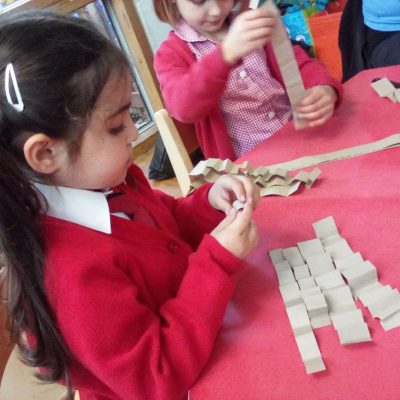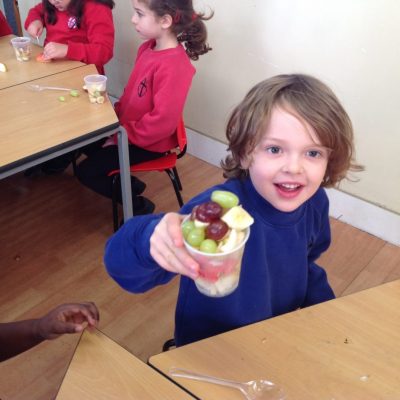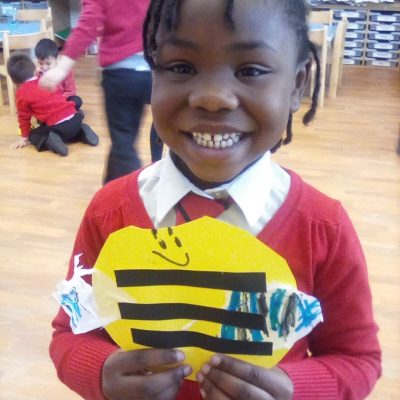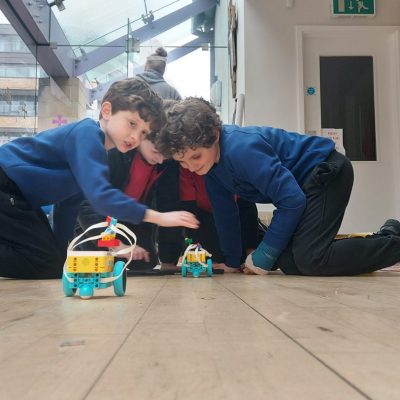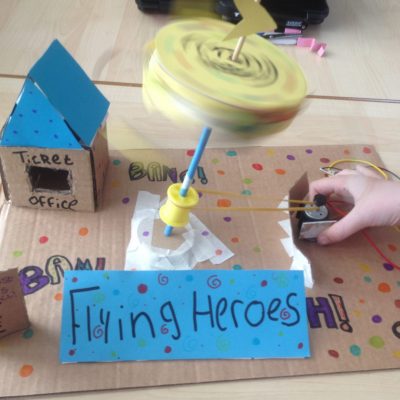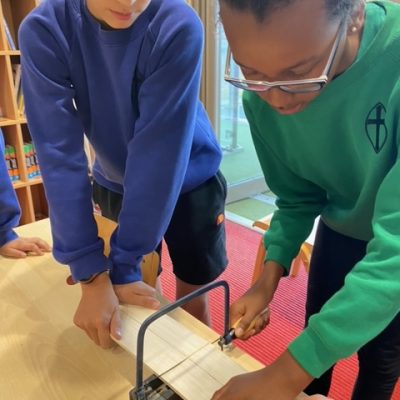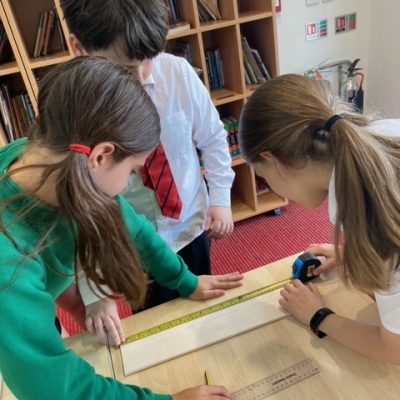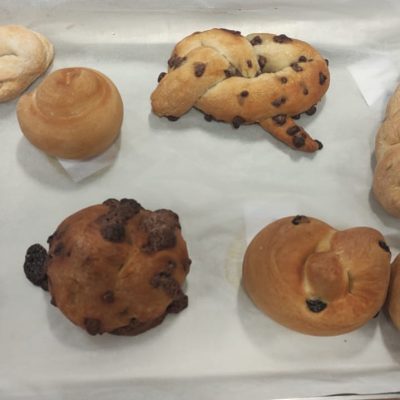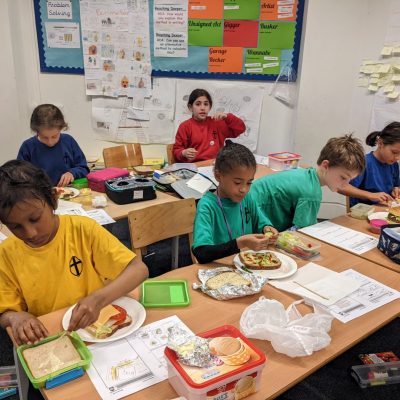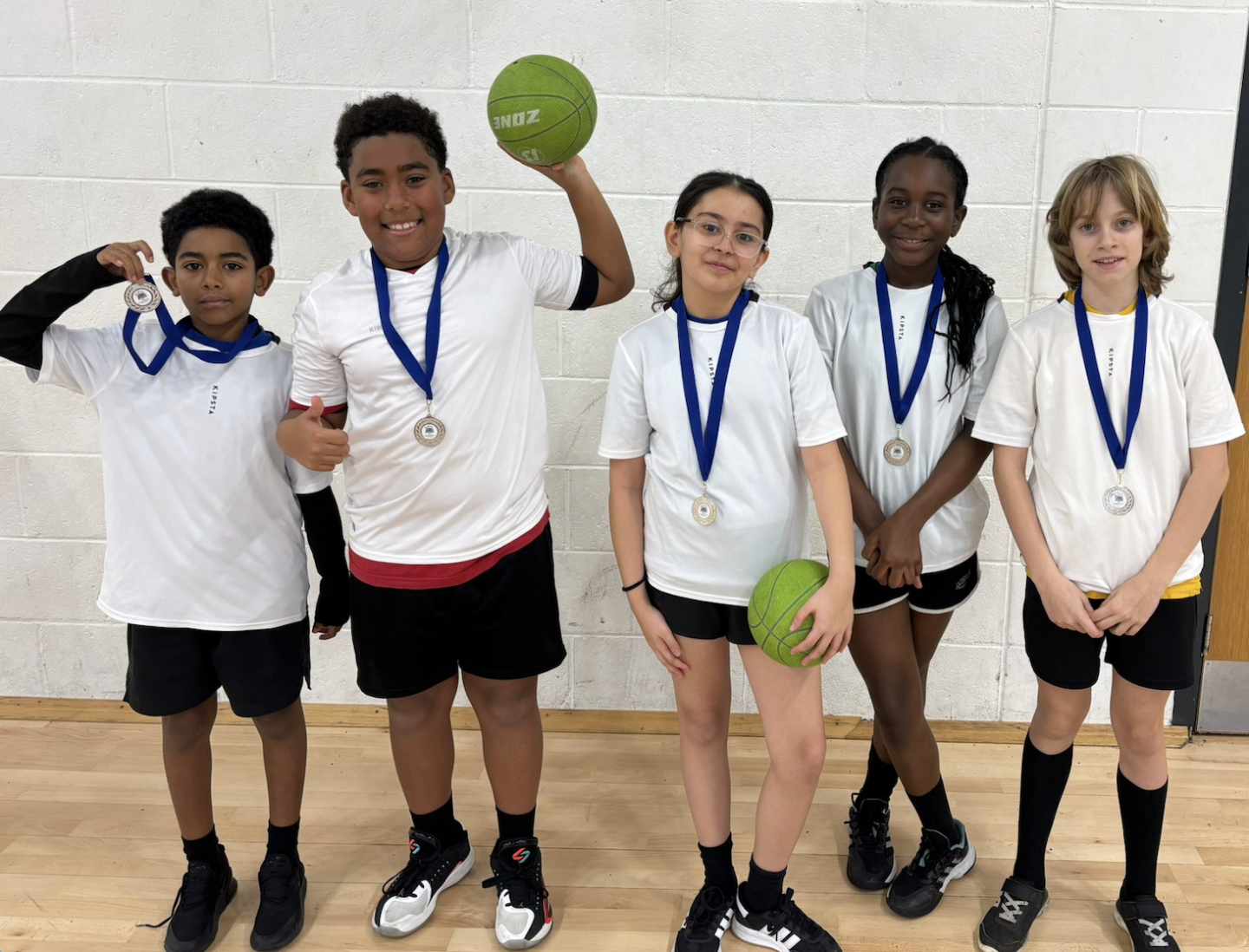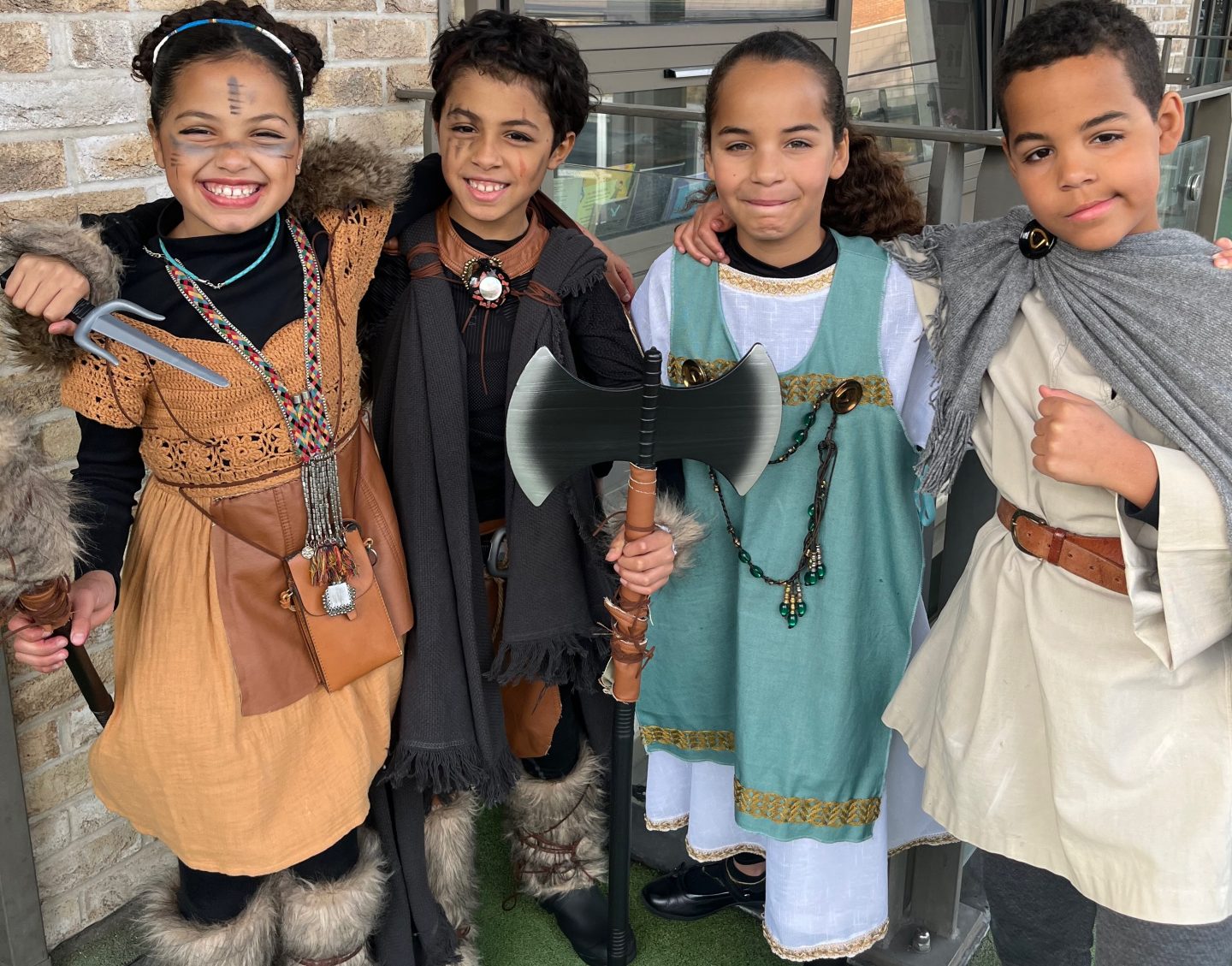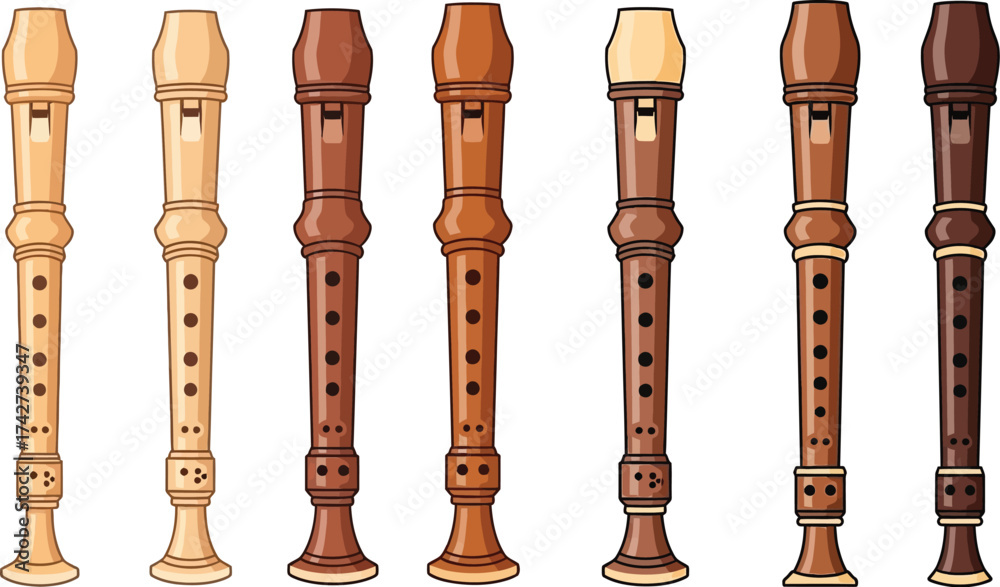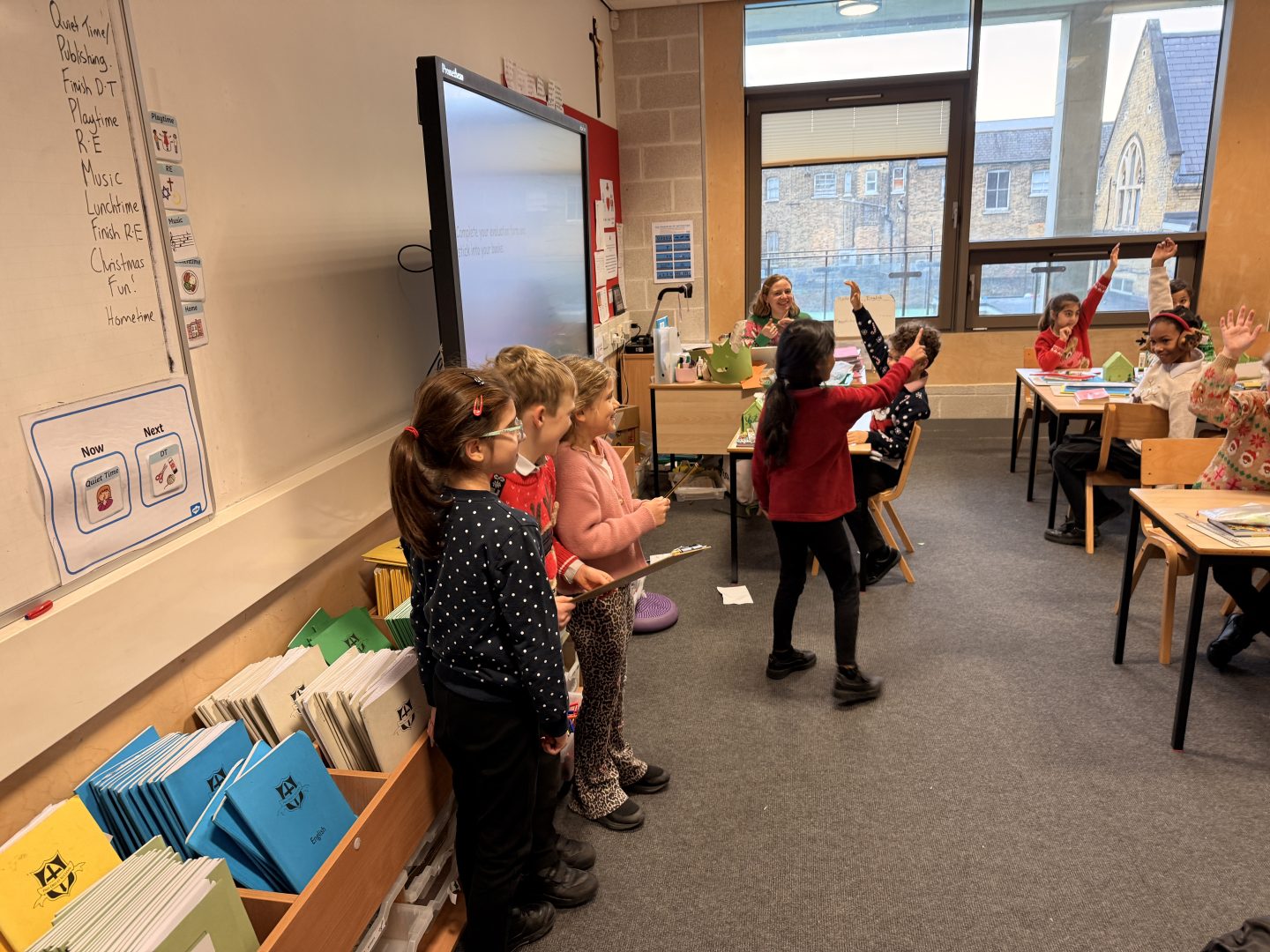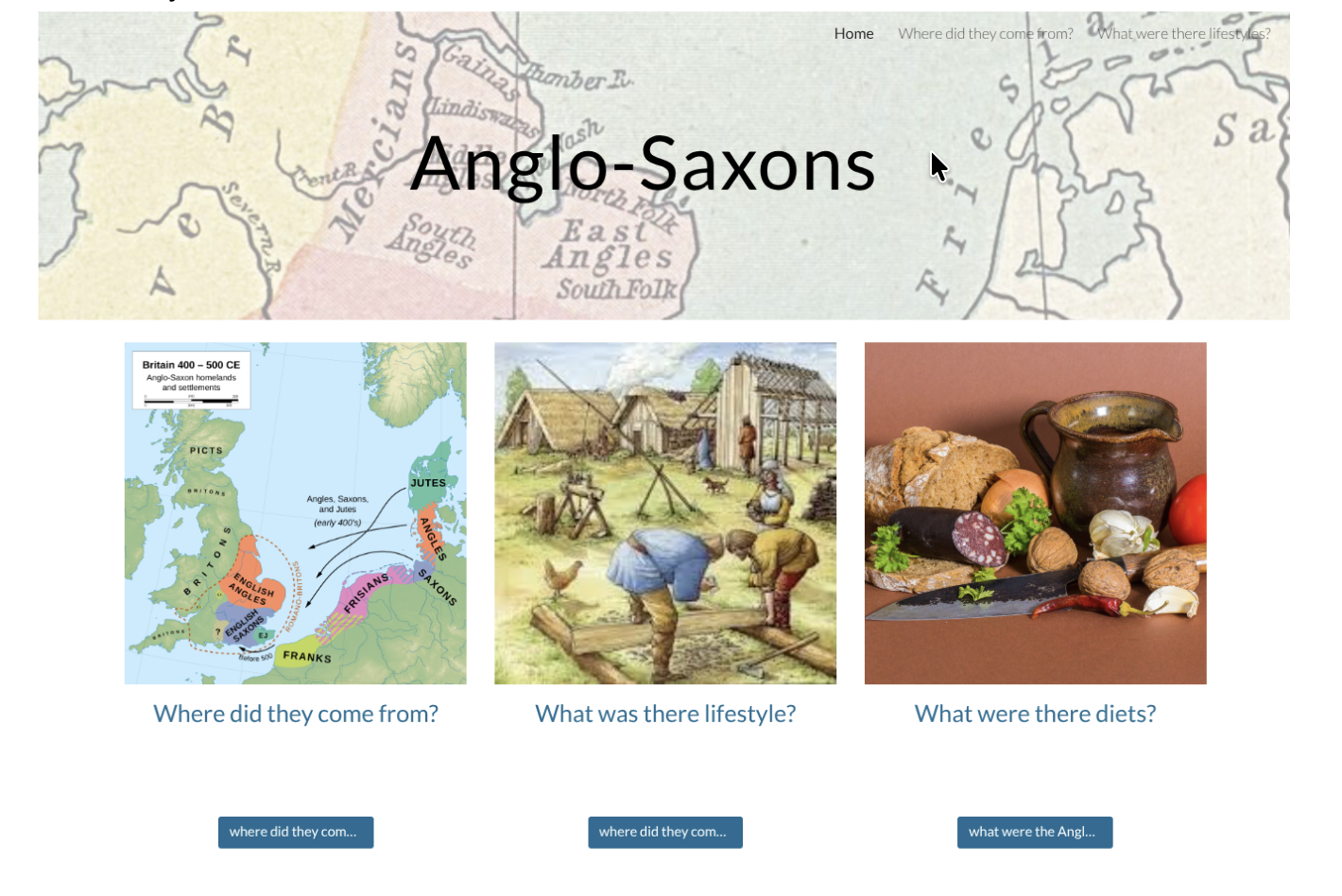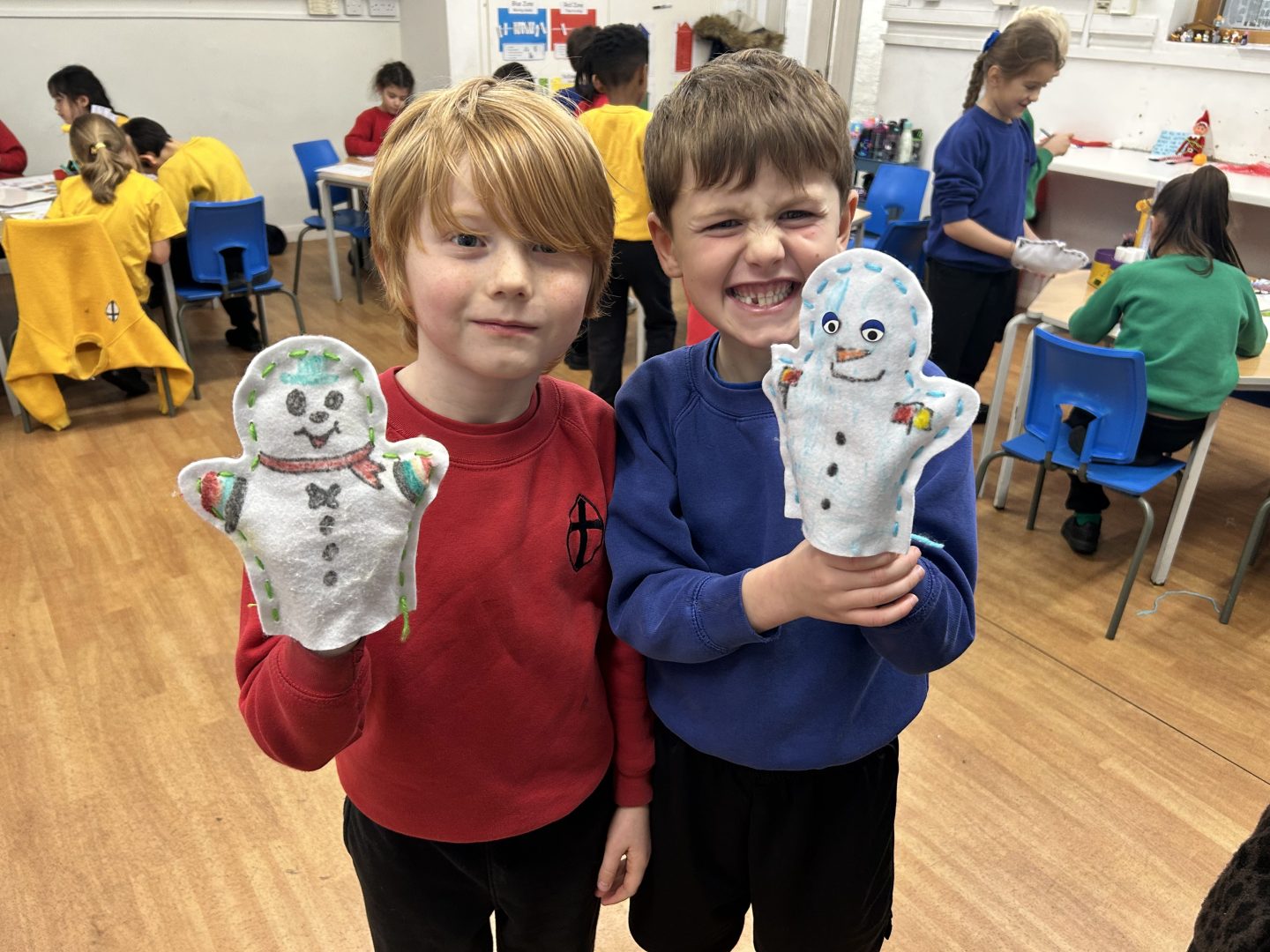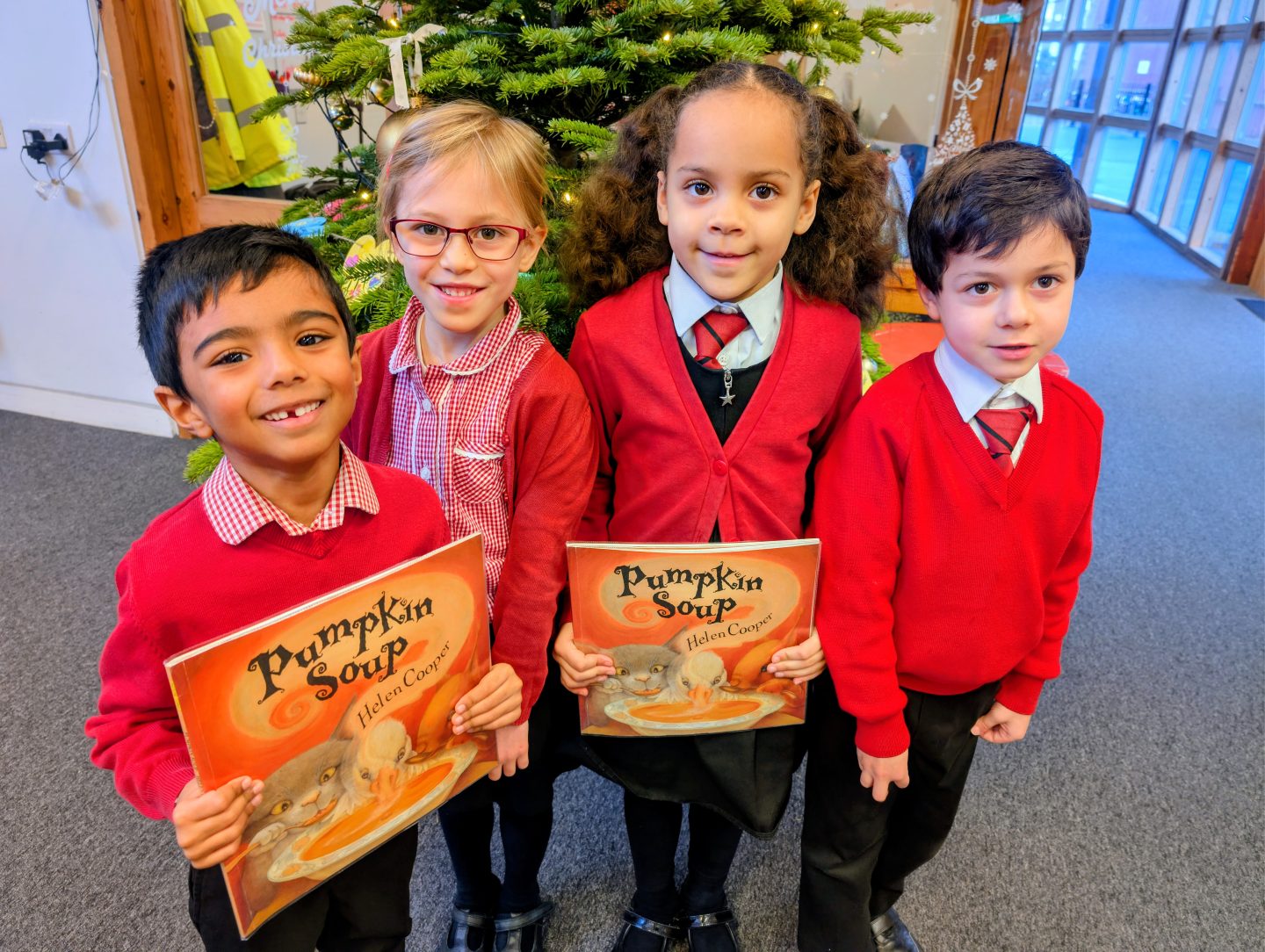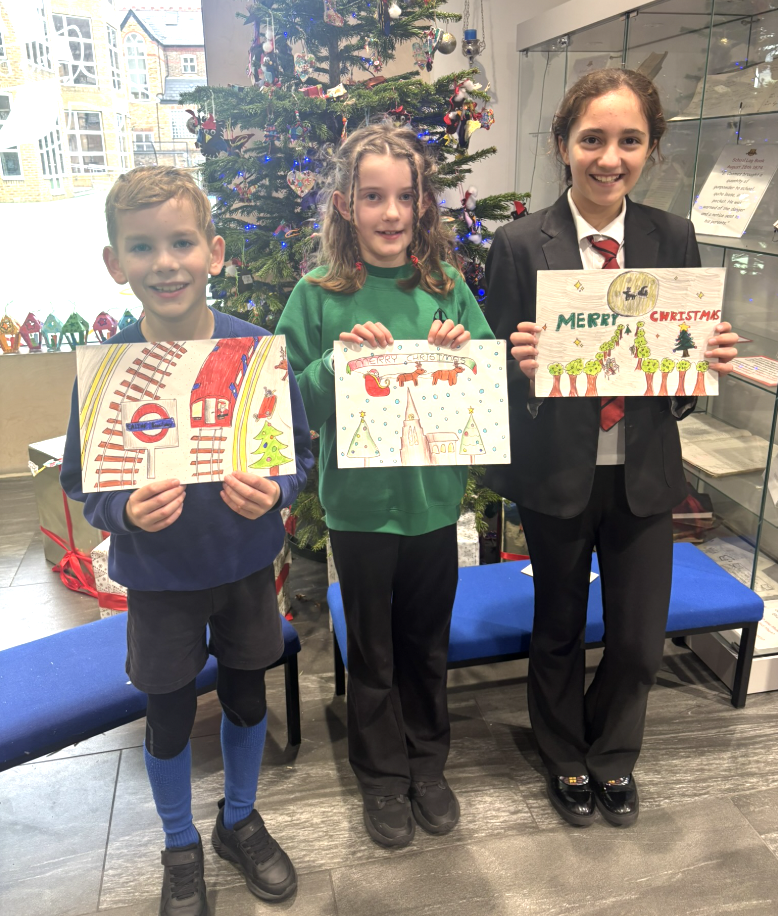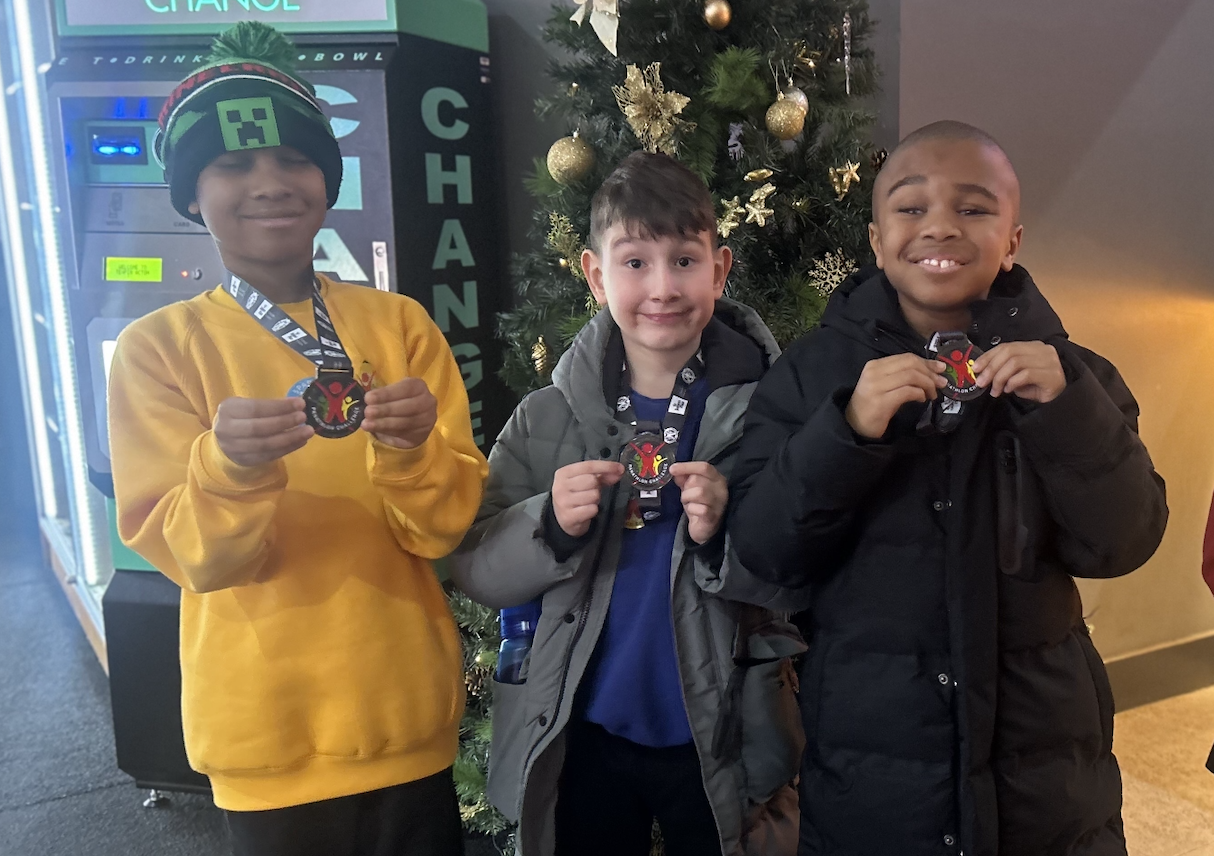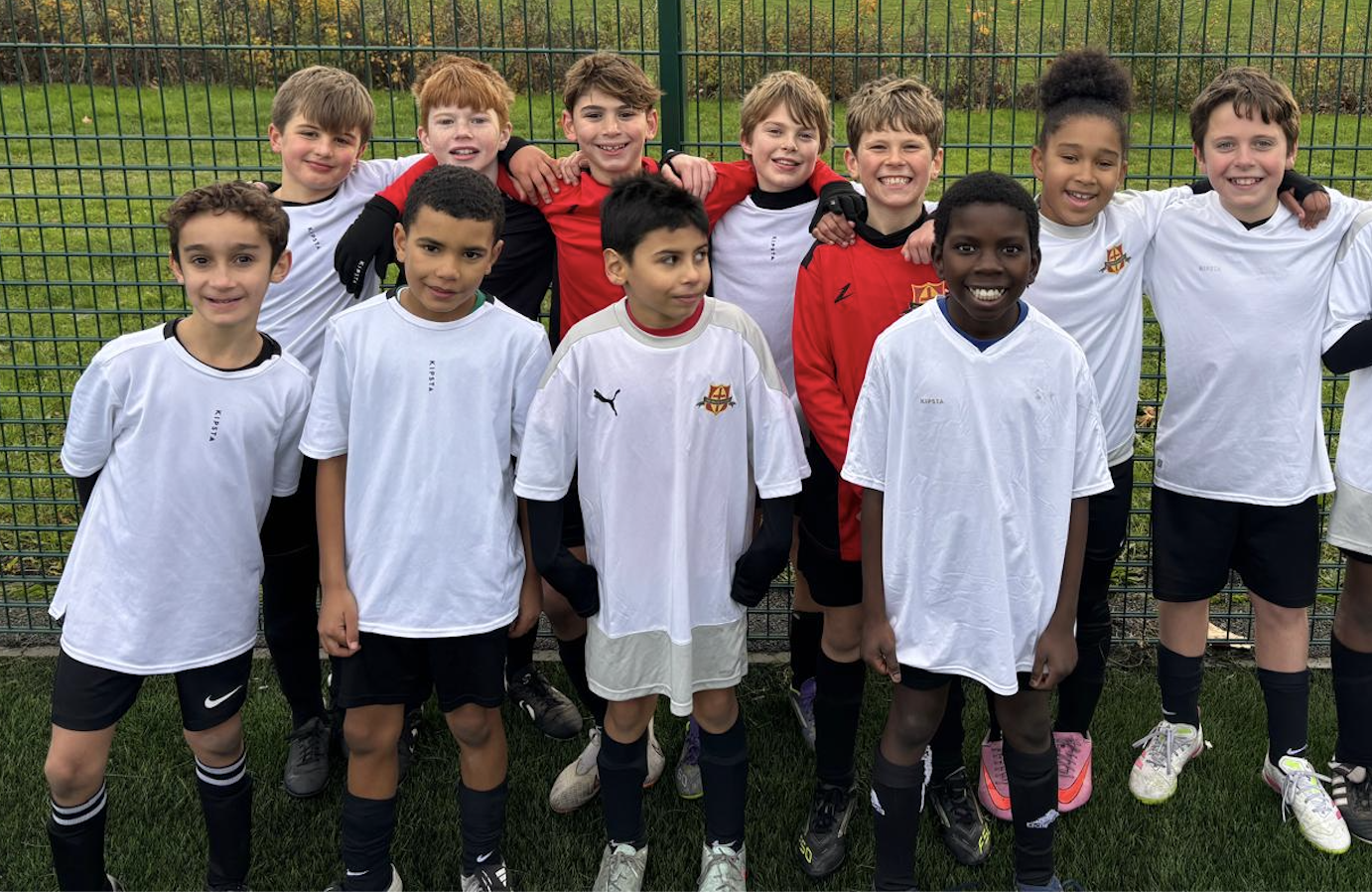EYFS Implementation
Through play based learning activities, pupils learn the skills and knowledge to manipulate materials and use simple tools appropriately. They are able to plan and select the tools and techniques needed to shape, assemble and join materials they are using. Pupils are given a wide range of opportunities in and outside of the classroom to develop an understanding of the need for safety when tackling new challenges and consider and manage some risks. From the start of EYFS pupils are given daily opportunities to transport and store equipment safely.
KS1 Implementation
In KS1 pupils plan, design, make and evaluate a range of projects. Pupils learn how to plan and prepare healthy food in the fruit salad and seaside snacks units. Pupils explore textiles in a puppet making unit and have the opportunity to investigate materials, learning how to select appropriate materials and use them to construct purposeful products when they design and build a model playground and learn to create moving pictures. Pupils also have the opportunity to explore mechanisms when they design and build fire engines with fully functioning axles and wheels at the end of Year 2.
KS2 Implementation
In KS2 pupils are offered the opportunity to develop a range of practical skills including working with textiles, cooking skills and using a wider range of tools in model making. Design and technology projects range from making photo frames, to creating pop-up story books; from making alarm systems to creating rag rugs. This wide selection of projects allow pupils to work with a range of materials including textiles, cardboard and electronics.
In Upper KS2 projects become more challenging: pupils study bread from around the world, learning how to combine ingredients successfully, pupils develop their understanding of mechanisms as they learn about cams and learn to safely manage more complex tools as they develop woodwork skills. In a cross curricular unit pupils also develop their understanding of how computing can be used to programme and control robotic products. The final Year 6 Design and Technology project draws together many of the skills pupils have developed lower down the school: pupils apply their understanding of mechanisms and pulleys and how to build stable structures to design and build an operational model fairground ride. This project is an absolute highlight of the Year 6 curriculum and always inspires immense enthusiasm and very creative and imaginative outcomes!
A range of after school clubs support our Design and Technology lessons including Inventors and Makers, Jewellery Making, Lego Club and Architecture club.

